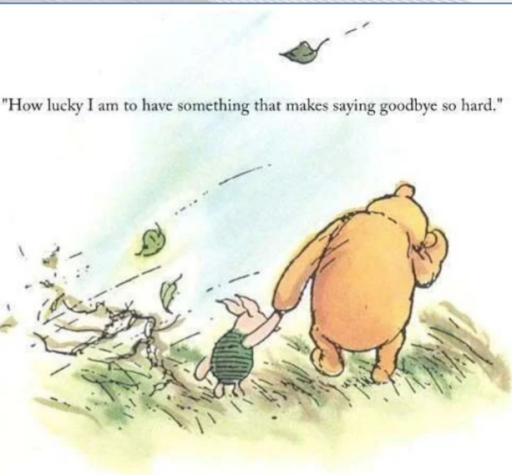
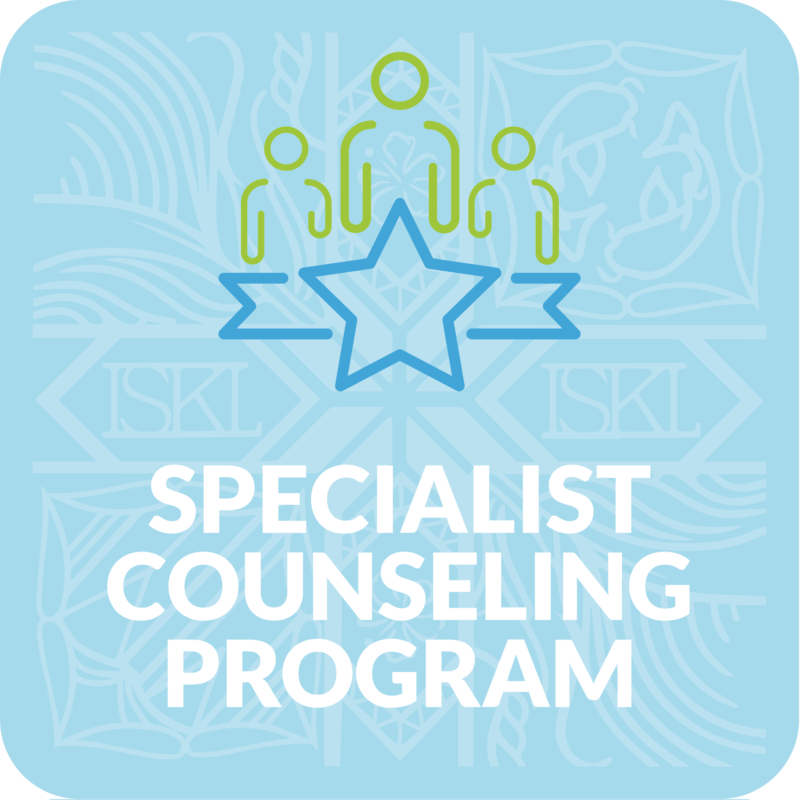
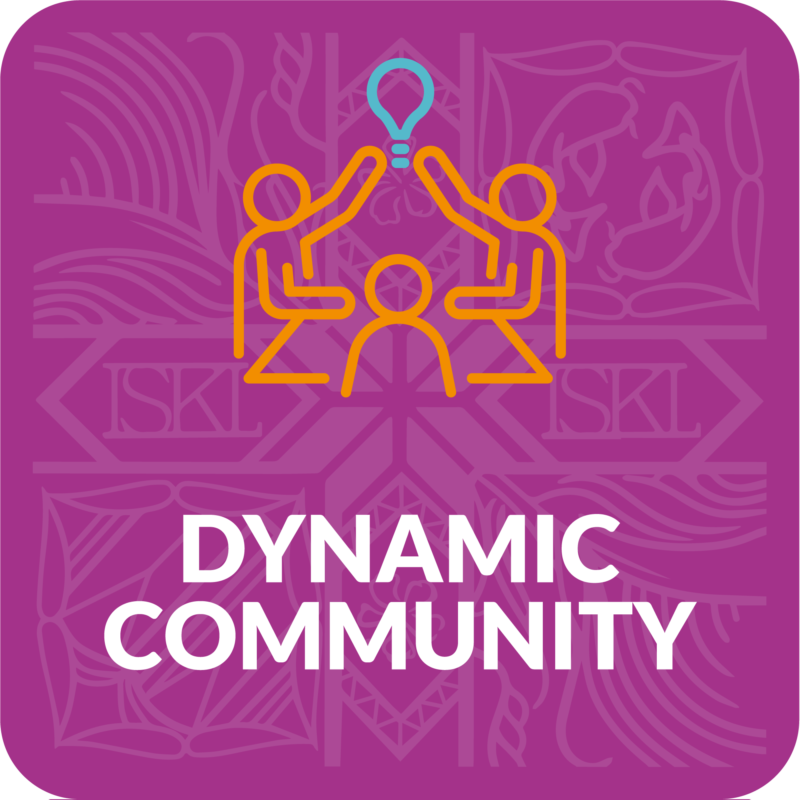 There’s an old proverb that you can’t pour from an empty cup. It essentially means that we have to take care of ourselves to take care of others, which rings true for parents, as one is constantly giving, constantly taking care of our families, always on the go.
There’s an old proverb that you can’t pour from an empty cup. It essentially means that we have to take care of ourselves to take care of others, which rings true for parents, as one is constantly giving, constantly taking care of our families, always on the go.
For parents at The International School of Kuala Lumpur (ISKL) that are going through or about to enter the transition period, it can be challenging to practice self-care. Hence, to help families make the best of this transition period, ISKL Counselors Chris Wright, Emma Gedge, and Lynn Kogelmann have developed suggestions and tips for self-care and managing change.
“The best way to take care of others is to take care of yourself. This can be challenging as you have to take care of yourself and your children at the same time. Some of the various areas to look at include mental, emotional, physical, practical, relationships, and spiritual aspects. This year is not the typical transition period that we have gotten used to in this expat lifestyle given the current pandemic, and while there will be different sets of challenges and disappointments, be assured that it is not impossible to handle and overcome the situation,” counselor Chris said.
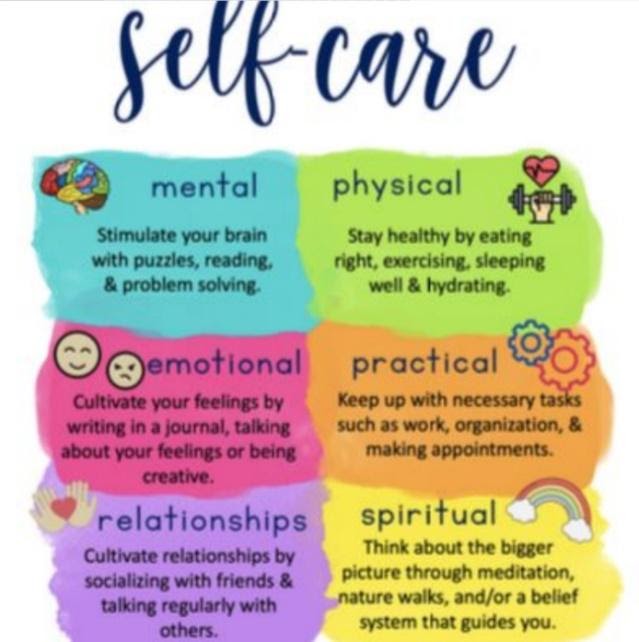
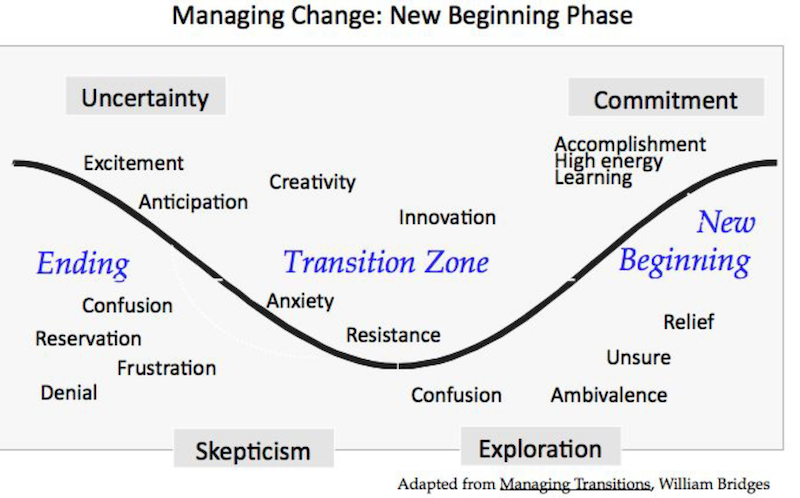
Chris shared that the transition process is not linear as it can go in many different directions. In order to be better equipped to help our kids and respond to them when they are going through all these different emotions, it would be good to get a handle on our own emotions first.
“Some of you are staying on in Kuala Lumpur while others may be leaving, and with the added stress of the COVID-19 outbreak, emotions are understandably running high,” she noted, adding that things do not always work according to plan. There is no right or wrong way to feel, as transition often involves a mixed bag of emotions. As we make a move from one place to another, our children, who are Third Culture Kids (TCKs), may go through a process of grief, either just before or after the move.
The different stages of grief are:
- Shock/Denial – “Not again, I’m not going!”
- Anger – “Why are we always moving/my friends keep changing. I hate it!”
- Bargaining – “Why do we need to move to this new school?”
- Depression – “I miss my old friends.”
- Acceptance – “I love ISKL, but my own class/school is good too.”
Grief can take on different forms, and it can be invisible in kids; in the long term, unresolved grief can be a major issue for TCKs. One way to help them is to work on building a ‘RAFT’ so that it is easier for them to deal with the emotions. This strategy offers them the element of choice and the idea that they are (somewhat) in control of this move even though, in reality, it is really in the hands of their parents.
R – Resolve any problems there may be with family and friends
A – Affirmation: everybody in every relationship (family and friends) is important, and taking time to acknowledge these people
F – Farewell: say goodbye to the people and places you love
T – Think destination: having a forward-looking mindset and getting acquainted with your new home
A simpler version that might be easier for young children to understand and remember is the acronym SHIP:
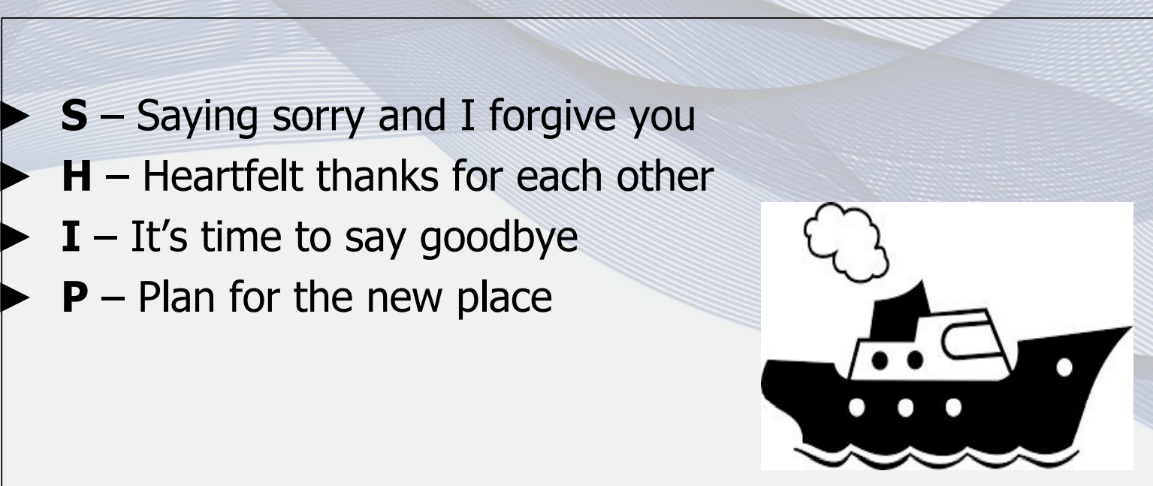
Regardless of whether you are staying on or moving to a new destination, the feelings of grief are similar. Worries such as “What will I do with my best friend gone?” and “Do I bother to make new friends? They are going to leave anyway” will crop up. Distancing or increased conflicts with friends or family often happen as it feels easier to push people or issues away as a form of quick release. There could be increased worries of unrelated things as well.
“Children often worry about whether they will make new friends or like the new place; if it has the same activities and what will happen to their pets. Understandably there will be a lot on both the children’s and parents’ minds, causing all kinds of emotional behavior and responses,” Chris added.
The session was then passed over to Emma, who suggested a few strategies for managing transition that both parents and children can apply.
“One of the best things we can do is talk about the transition and ask open-ended questions. It may not be easy for your children to share their thoughts and feelings, so perhaps having something to hold on to or chatting over dinner time will take the pressure off the conversation. You could also play a game together or let your child build something while talking,” she explained.
Another approach is to listen to your children and validate their feelings, even if it sounds negative sometimes. The idea is to acknowledge that it is hard on them even when you may have shifted several times by now. As you share your feelings of frustration with your children, it can be comforting for them to know that adults go through a similar emotional experience as well.
Many students feel more comfortable talking about the thoughts and feelings of the characters they read about in a book rather than focusing on themselves. Thus it can be helpful to have a book as a conversation starter. By asking your child what the character is feeling or thinking, you can ask if the child is feeling the same way or otherwise.
For the younger students, giving them some toys during this transition period can provide control and comfort in an environment with a lack of control. It could be something as simple as offering them a choice of what they would like to pack in the bag or bring along with them in this move.
“There are lots of things you can do prior to the move to help make the process a little more comfortable. You can come up with a bucket list of final things to do before leaving, such as the different foods to eat or places to visit, and working through this list with them to support the process of closure.”
“At ISKL, we take the students through a grand tour of the school and take lots of photos of their teachers and friends, as well as help them find online pictures of their favorite places and foods in Kuala Lumpur. This is then compiled into a virtual book that they can share with others and even have nice messages written inside. During the Leaver’s meeting, we talk about what they enjoyed about their experience, and it is a celebration of all the wonderful things that they have gone through here,” elaborated Emma.
She advised parents to be prepared as feelings of grief and frustration are bound to resurface throughout the moving period, be it at the start before leaving or upon arrival at the new destination, or even much later when children are starting out in the new school.
Students living overseas have a unique lifestyle and experience an unusual childhood, and it is important to honor everyone’s story. Some students were born outside of their home country and have lived in places all over the world, so it may sometimes be confusing and challenging for TCKs to identify with their home country.
“As you go through your transition, we encourage you to celebrate the time you have had here and share those memories and experiences with your children to help them adapt to the changes and appreciate their unique lifestyle,” she said in conclusion.
ISKL takes this opportunity to honor all the special memories the students have shared with teachers and friends these past few years.
Are you a parent to a child heading off to university? Check out this guide for international school parents as one’s child transitions from high school to university. To stay connected with ISKL and learn the latest updates, follow ISKL’s Facebook, Instagram, or read our blog.

